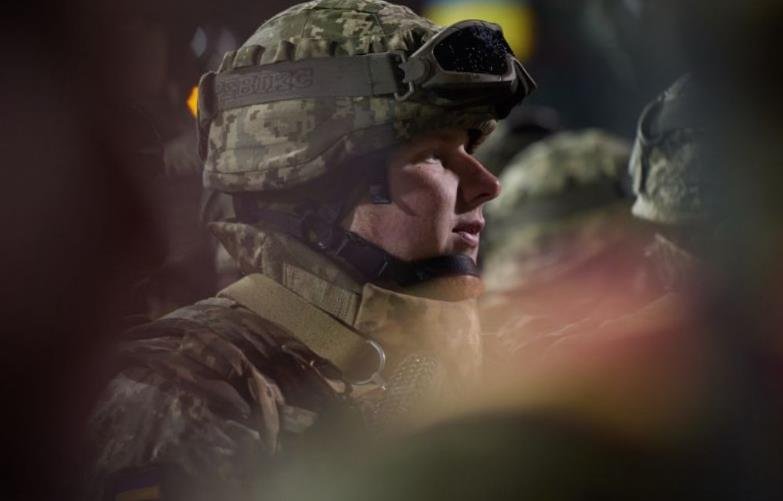As the Israel-Hamas conflict enters its 176th day, the United States has taken a dual approach in addressing the ongoing tensions. While reportedly authorizing additional arms to Israel, the U.S. has also welcomed the formation of a new Palestinian government, signaling a complex strategy in navigating the Middle Eastern crisis.
The U.S. administration’s decision to reportedly authorize additional arms to Israel comes at a critical juncture. This move is seen as a reaffirmation of the strong U.S.-Israel alliance and a commitment to Israel’s security needs amid the prolonged conflict.

Concurrently, the U.S. has extended a welcome to the newly formed Palestinian government. This diplomatic gesture is indicative of the U.S.’s broader aim to foster stability and peace in the region. It reflects an intricate balance between military support and political engagement.
Navigating the Diplomatic Tightrope
The U.S.’s dual approach has elicited mixed reactions from the international community. Some view the arms authorization as undermining peace efforts, while others see it as a necessary measure to maintain regional balance.
The welcoming of the new Palestinian government, on the other hand, is perceived as a positive step towards reinvigorating stalled peace talks. It underscores the U.S.’s role as a mediator and its influence on the geopolitical landscape of the Middle East.
A Region in Flux
The ongoing conflict and the U.S.’s recent actions underscore the volatility of the region. The U.S.’s strategy reflects a nuanced understanding of the complexities involved in the Israel-Hamas war and the broader Israeli-Palestinian conflict.
As the U.S. continues to navigate these turbulent waters, the world watches to see how these policies will unfold and impact the prospects for a lasting peace in the region.
